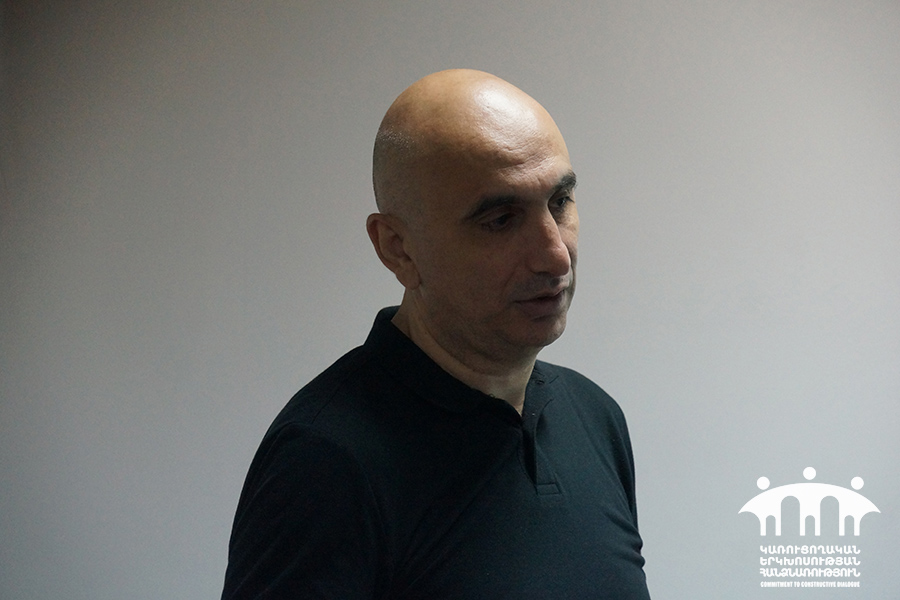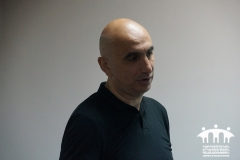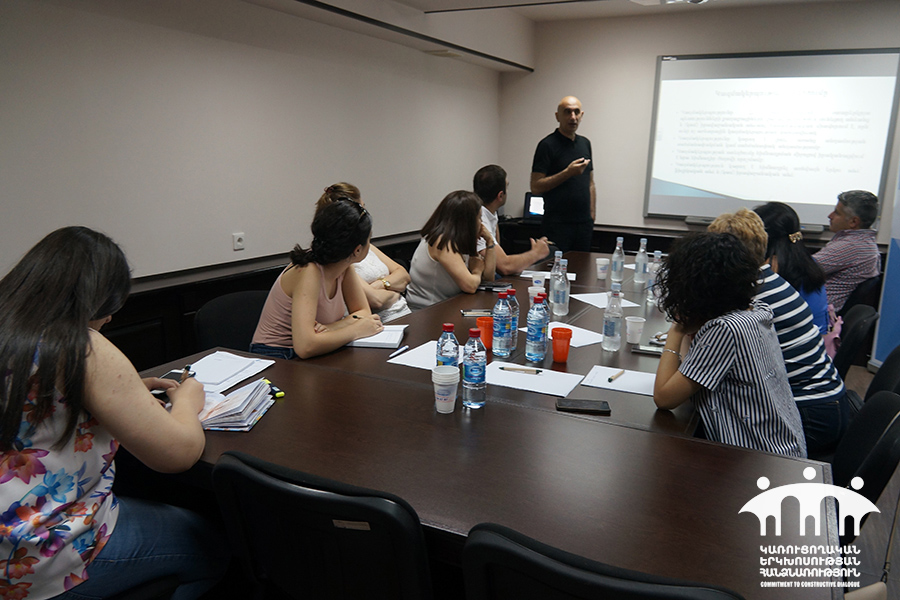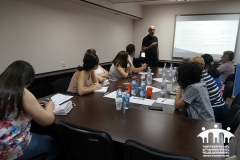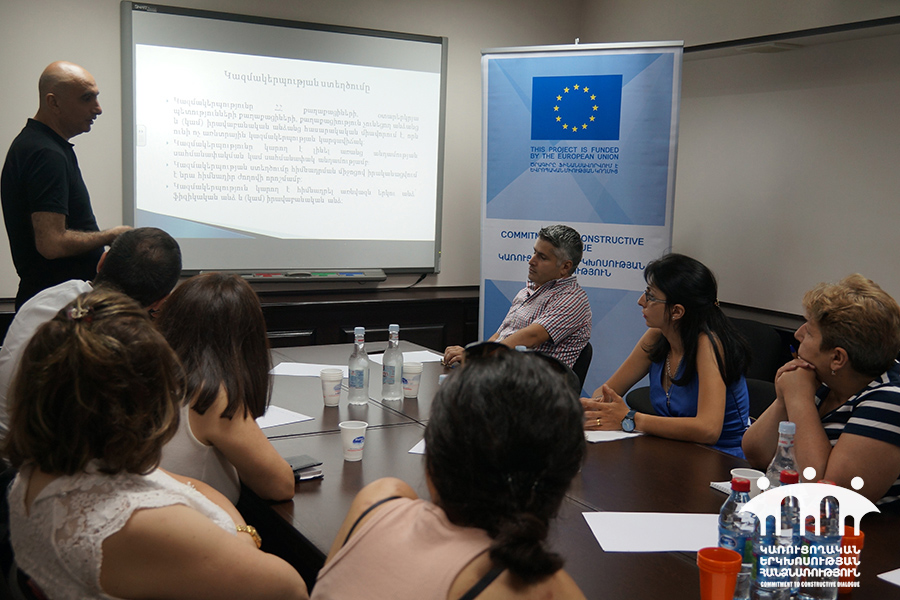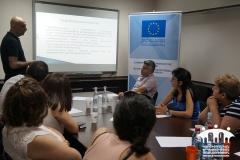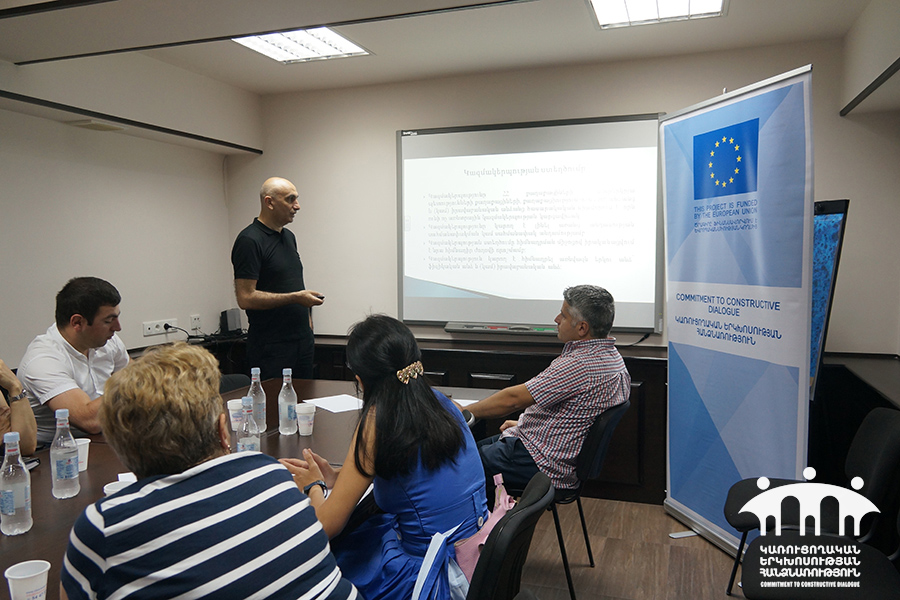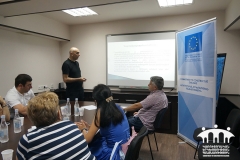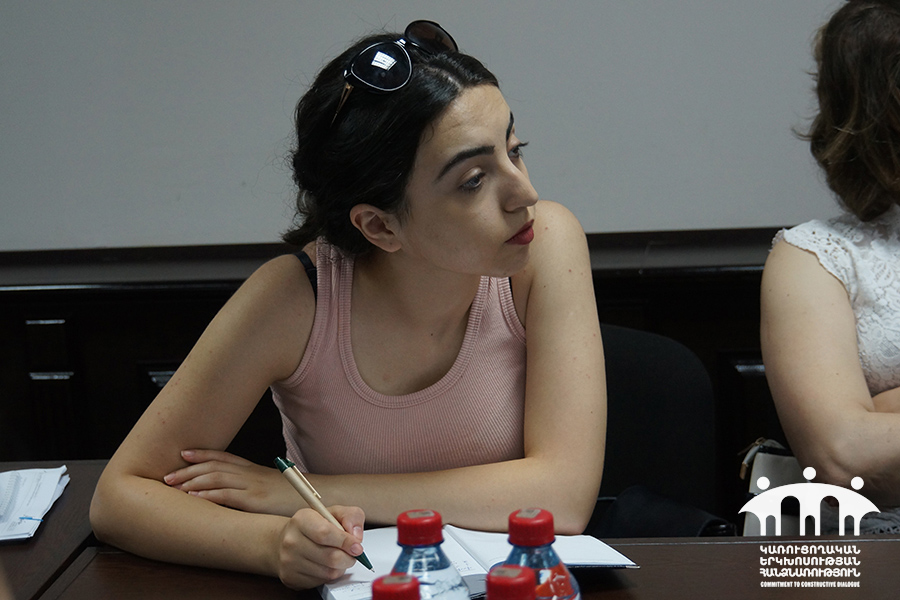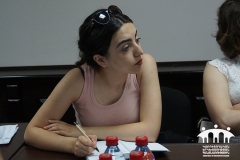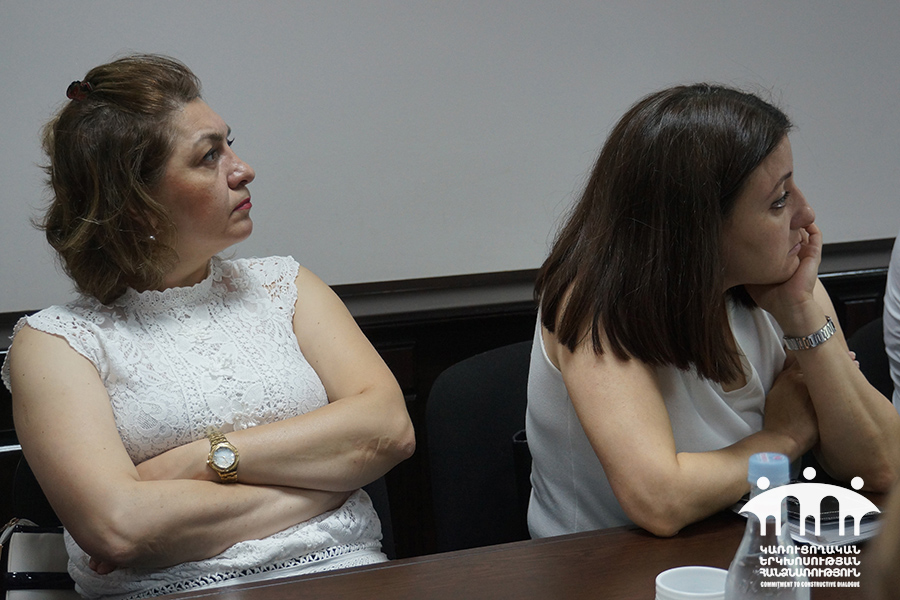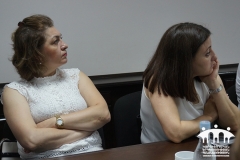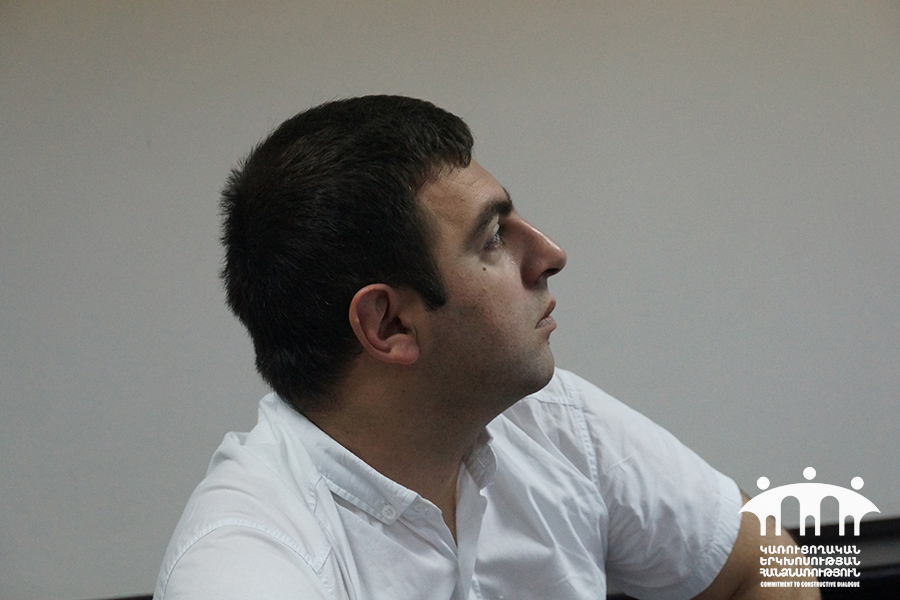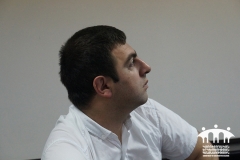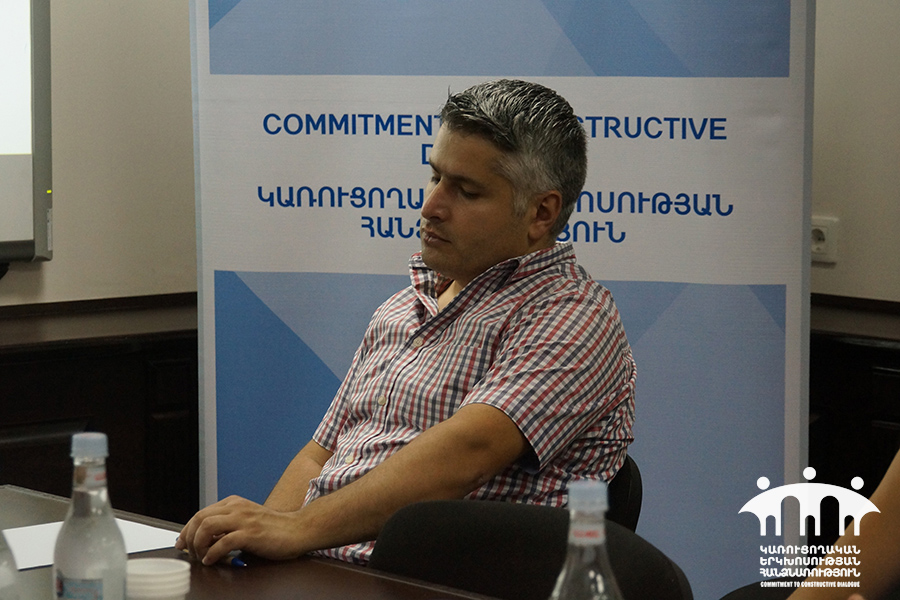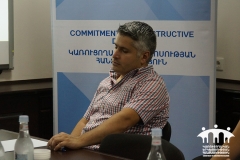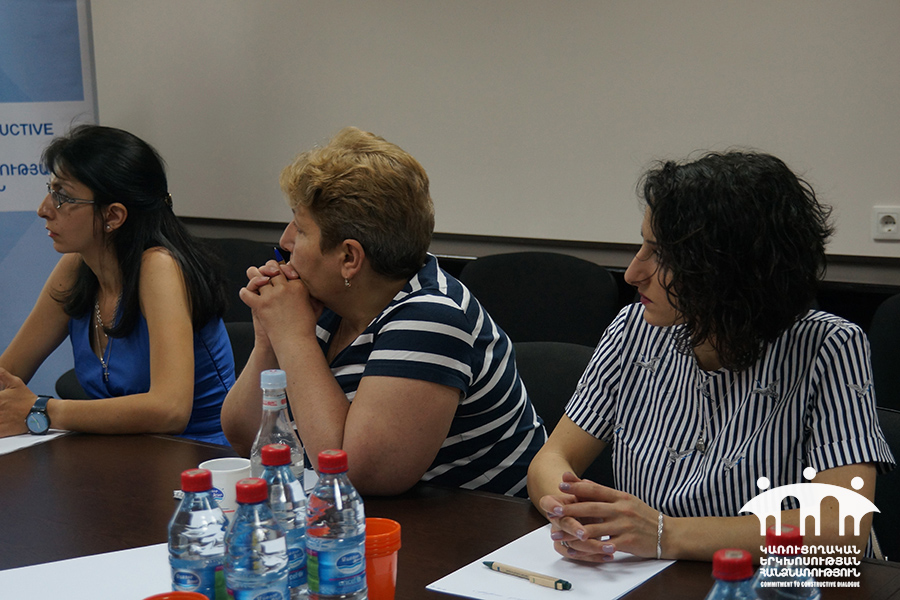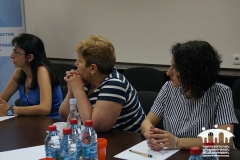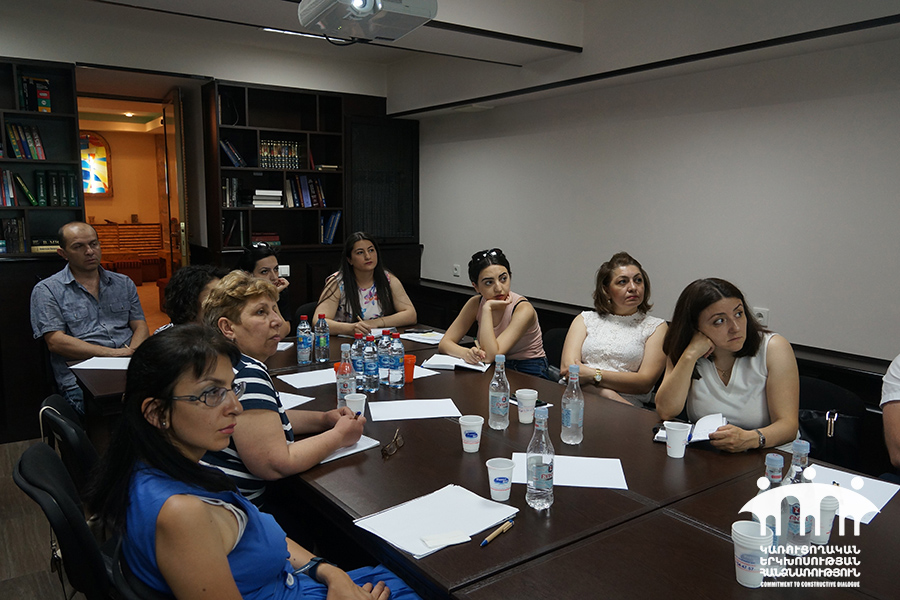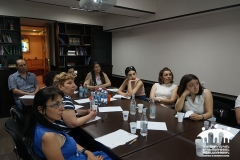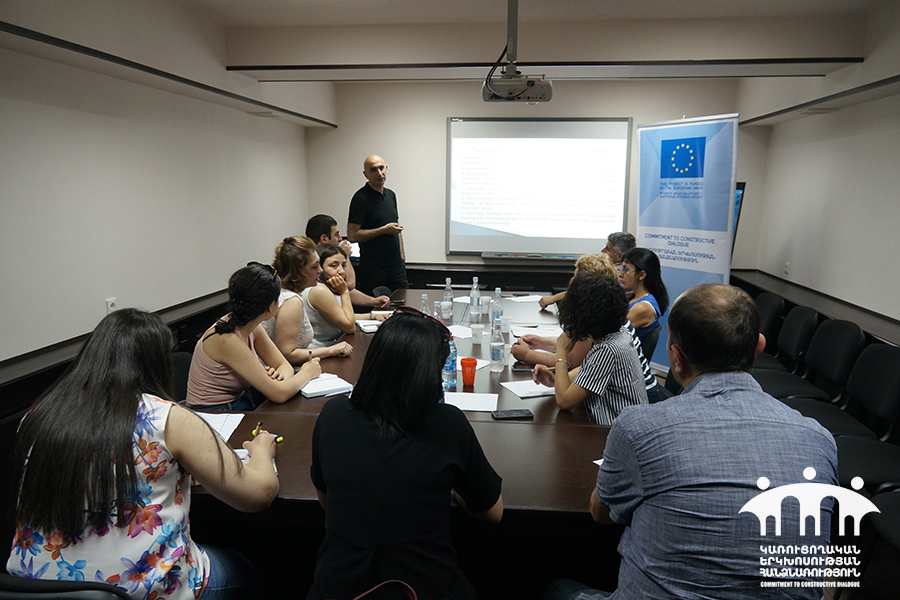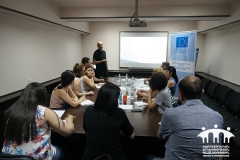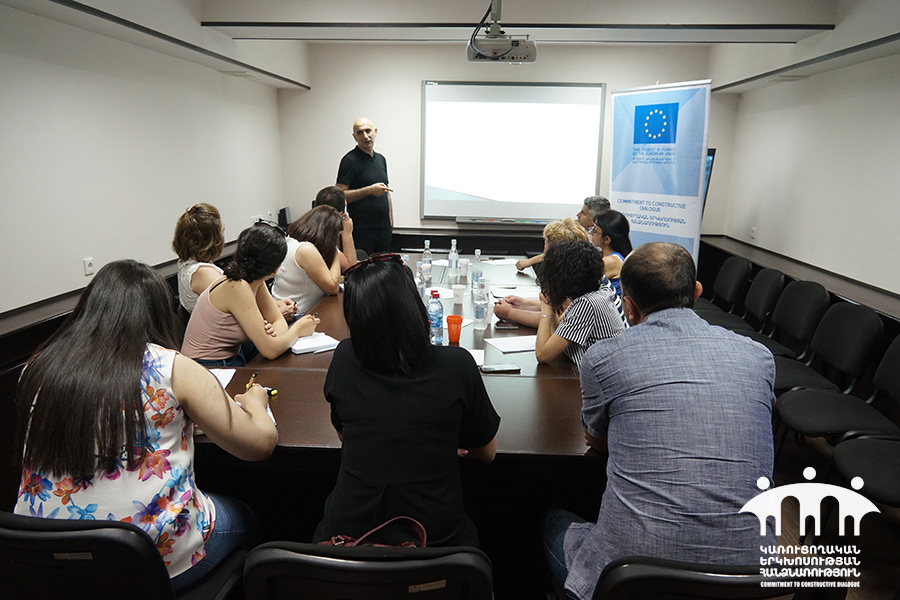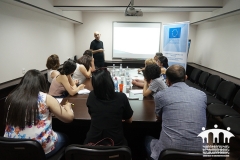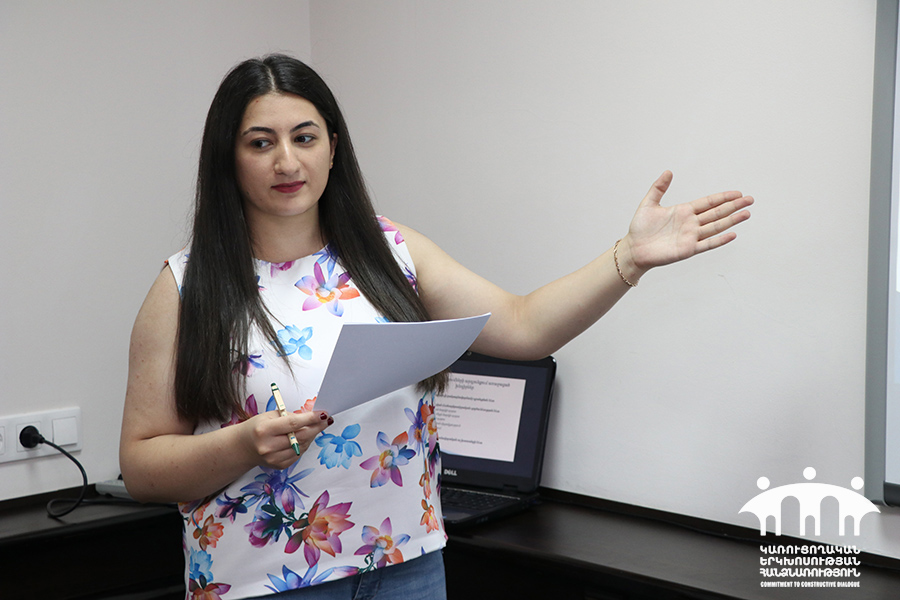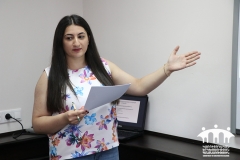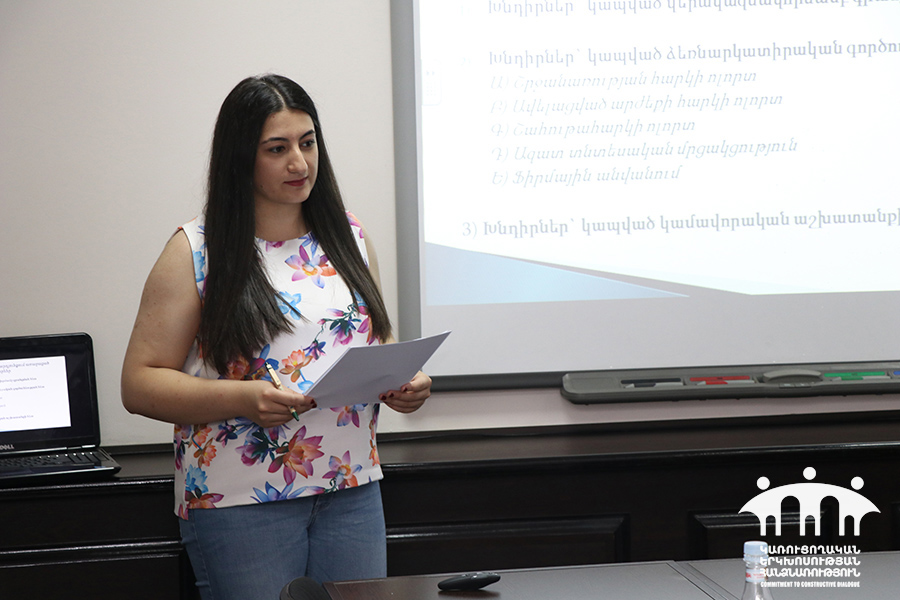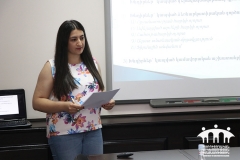No vote against: from now on the decision on the establishment of new public organizations must be adopted unanimously. This is one of the requirements of the new NGO Law. Today the third training course on the amended legal act took place in Yerevan.
The trainings are carried out within the framework of the EU-funded “Commitment to Constructive Dialogue” project. Project Manager Mr. Karen Zadoyan, President of the Armenian Lawyers’ Association, conducts the trainings.
Mr. Zadoyan said that the organization cannot be established if any member votes against it. “The law allows the initiators to sign a founding agreement describe the terms and conditions of when and under what conditions it should be established so that there are no surprises in the future.”
The voting mechanisms in other decisions concerning the functions of NGOs are different. “The charter of the organization is approved by 2/3 votes. All other decisions shall be made by a simple majority of votes: It may be the decision referring the executive body leader, as well as if the organization is establishing another body,” Mr. Zadoyan said.
ALA President said that the minutes of the founding meeting should include the date and place of the meeting, the names and surnames of the persons entitled to participate in the meeting and participating in the meeting; and if the number of participants exceeds ten, only the number of persons entitled to attend the meeting and participating in the meeting, the agenda of the meeting, issues put to the vote, voting results, adopted decisions, name of the founding legal person and registration number. Also the minutes of the founding meeting shall be signed by the chairperson and secretary of the meeting.
In reply to the question whether the location of the meeting should be clearly defined, or the name of the town will be enough, Mr. Zadoyan said, “In general, when we say a place, we mean a specific settlement where it happens. However, there are cases when the relevant registration agency of the Ministry of Justice means the address when saying the place. But the place generally is the settlement. Here there is an issue of correct interpretation of the law. For example, “place – in of Yerevan City,” and this is all. “Yes,” you can write the distinct address, the law does not prohibit it, at the same time it does not impose.”
It should be noted that individual consultations are provided within the framework of the project; the legal team will assist NGOs in harmonization of their statutes with new requirements.
The “Commitment to Constructive Dialogue” Project is implemented with the financial support of the European Union by the “Armenian Lawyers’ Association” NGO in cooperation with its partners; Agora Central Europe o.p.s (an NGO from the Czech Republic), Armenian Center for Democratic Education-CIVITAS, “International Center for Human Development” Public Organization, SME Cooperation Association and Union of Communities of Armenia.
Gevorg Tosunyan
Aleksander Sargsyan


